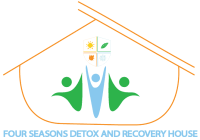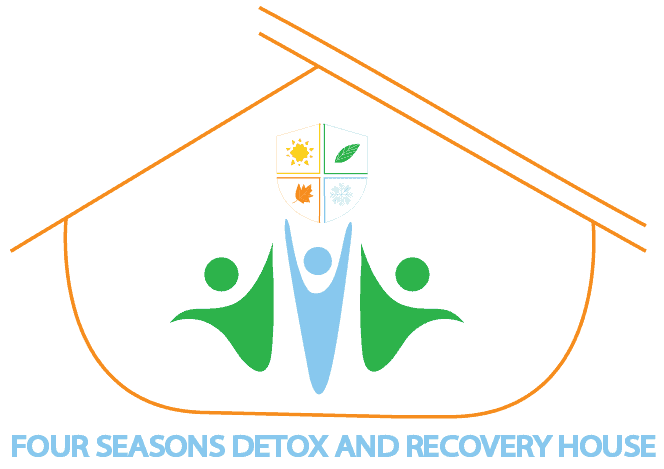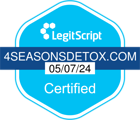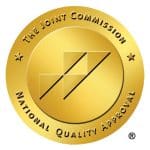Generally, the next step after inpatient rehab is partial hospitalization. Partial hospitalization is a type of outpatient treatment that involves a patient attending treatment for a specified number of hours per day and days per week, after which they return home.
For example, patients may attend our alcohol addiction treatment program for 6 hours per day, 5 days per week. While attending PHP, they will participate in various approaches to addiction treatment, such as 12-step programs, cognitive behavioral therapy, dialectical behavioral therapy, EMDR therapy, holistic therapies, individual therapy, group therapy, family therapy, and more.









